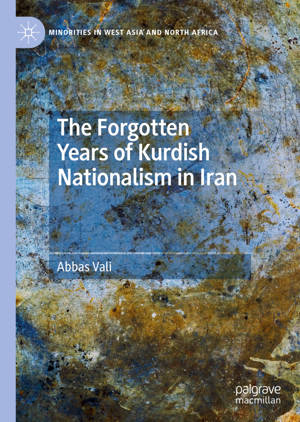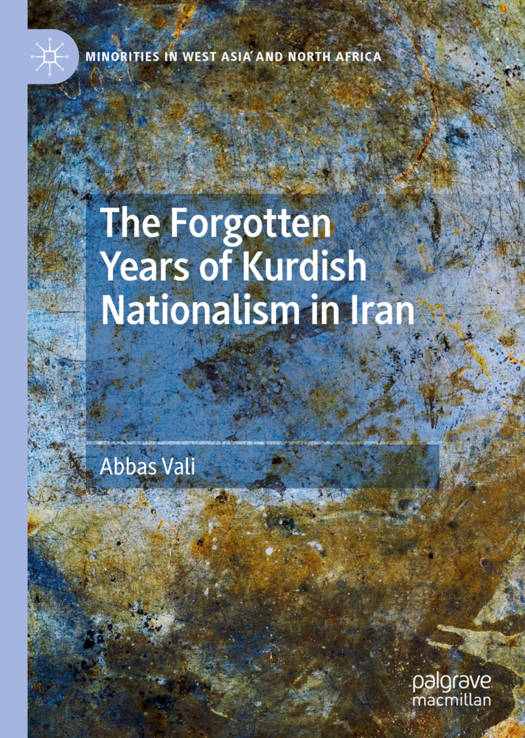
Door een staking bij bpost kan je online bestelling op dit moment iets langer onderweg zijn dan voorzien. Dringend iets nodig? Onze winkels ontvangen jou met open armen!
- Afhalen na 1 uur in een winkel met voorraad
- Gratis thuislevering in België vanaf € 30
- Ruim aanbod met 7 miljoen producten
Door een staking bij bpost kan je online bestelling op dit moment iets langer onderweg zijn dan voorzien. Dringend iets nodig? Onze winkels ontvangen jou met open armen!
- Afhalen na 1 uur in een winkel met voorraad
- Gratis thuislevering in België vanaf € 30
- Ruim aanbod met 7 miljoen producten
Zoeken
Omschrijving
This book investigates the forgotten years of Kurdish nationalism in Iran, from the fall of the Kurdish republic to the advent of the Iranian revolution. An original and path-breaking investigation of the period, it sheds light not only on the historical specificity of the phenomenon of nationalism in exile, but also on the political processes and practices defining the development of Kurdish nationalism in the post-revolutionary era. Although nationalist landmarks such as the Kurdish republic in 1946 and the resurgence of the movement in the revolutionary conjuncture of 1978-79 have attracted the attention of historians and social scientists in recent years, little is known about the three decades of Kurdish nationalism in exile between these two events. This analysis draws on contemporary poststructuralist theory to question the concept of the minority in democratic and constitutional theory, arguing that it is an effect of the discursive linkage between sovereign power and the dominant ethnic-linguistic identity in the nation-state. This text will appeal to a wide academic audience ranging from the fields of Kurdish, Iranian and Middle East Studies to ethnicity, nationalism, government, and political science.
Specificaties
Betrokkenen
- Auteur(s):
- Uitgeverij:
Inhoud
- Aantal bladzijden:
- 238
- Taal:
- Engels
- Reeks:
Eigenschappen
- Productcode (EAN):
- 9783030160685
- Verschijningsdatum:
- 10/07/2019
- Uitvoering:
- Hardcover
- Formaat:
- Genaaid
- Afmetingen:
- 148 mm x 210 mm
- Gewicht:
- 458 g

Alleen bij Standaard Boekhandel
+ 147 punten op je klantenkaart van Standaard Boekhandel
Beoordelingen
We publiceren alleen reviews die voldoen aan de voorwaarden voor reviews. Bekijk onze voorwaarden voor reviews.











